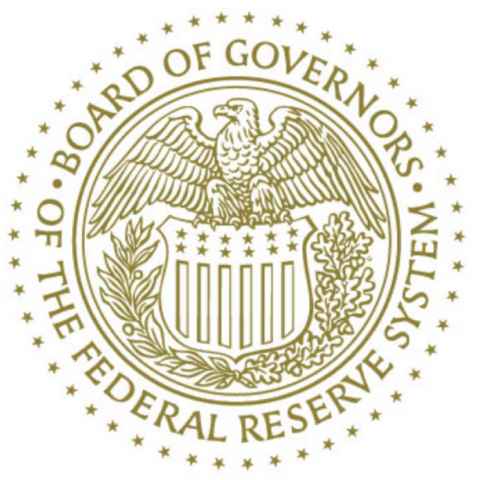Last week, the Federal Reserve (the Fed) expressed optimism that the U.S. economy would continue to strengthen and voted to increase interest rates by a quarter of a point. The actions and intentions of the Fed have garnered significant attention over the past several months and years, so we’ll briefly discuss below how the Fed raises rates, why it raises them, and how it may impact you.
How the Fed Influences Interest Rates. The Federal Open Market Committee (FOMC), the monetary policy arm of the Fed, sets a target for the Fed funds rate, which is the interest rate that banks charge each other for overnight loans. While the FOMC doesn’t directly control the Fed funds rate (it only sets a target for it), it can ensure that the target is met using other policy actions,  such as buying or selling U.S. Treasury bonds, changing the Federal reserve requirements, or adjusting the discount rate, which is the interest rate that the Fed charges to banks who borrow directly from the Fed. Once the Fed adjusts its target for the Fed funds rate, other interest rates (e.g., the prime rate), especially for short-term borrowing and lending, tend to move in the same direction.
such as buying or selling U.S. Treasury bonds, changing the Federal reserve requirements, or adjusting the discount rate, which is the interest rate that the Fed charges to banks who borrow directly from the Fed. Once the Fed adjusts its target for the Fed funds rate, other interest rates (e.g., the prime rate), especially for short-term borrowing and lending, tend to move in the same direction.
Why the Fed Raises Interest Rates. In short, if the Fed did not start raising rates from the near-zero levels to which they dropped after the 2008 recession, then it would have no room to lower rates (and thereby stimulate borrowing and spending) the next time our economy faces a recession. Based on various economic indicators, the Fed deemed our economy strong enough to handle a rate increase, even if it contributes to decrease in borrowing/spending. This is only the second rate increase since the 2008 recession. The first was last December. The Fed also indicated last week that they anticipate three more rate increases in 2017. We at PFS consider this a positive move that will benefit our economy. In our view, continuing a “cheap money” policy as the economy continues to strengthen, unemployment continues to decline, and the market hovers at record highs would be very short-sighted.
How Rising Interest Rates Will Impact You. As individual investors, we are not directly impacted by changes to the Fed funds rate, but the trickle-down effect on other interest rates could impact our financial lives in a number of areas.
The Good News: Savings Accounts. The 1% or less in annual interest that you have been earning on balances in your savings accounts should gradually increase as the Fed continues to raise rates! As long as inflation remains muted, the higher savings rate makes it less costly (i.e. involves a smaller reduction in purchasing power) to keep some cash available as opposed to investing it.
The Bad News: Borrowing Rates. Short-term loan rates–e.g. for auto loans, credit card balances, and home equity loans–will increase. Many of these rates are tied to the prime rate, which is the base lending rate or short-term interest rate that commercial banks charge to creditworthy customers. After the Fed’s announcement last week, many banks raised their prime rates from 3.5% to 3.75%. The impact on longer-term interest rates, such as fixed mortgage rates, is less clear, since these generally take into account expectations for housing demand and other long-term macroeconomic trends.
Mixed News: Bond Investments. Interest rates and bond prices are inversely related, so as interest rates rise, the price of bonds will fall. If you own a bond mutual fund, this will likely result in a short-term decline in the value of your investment. However, as the mutual fund starts to acquire bonds with higher interest payments, the interest payments you receive should increase. The extent and duration of the decline in value depends in large part on whether you are invested in short-term or long-term bonds, as well as the quality of those bonds (investment grade vs. junk bonds). The decline will be more significant and likely last longer if you have a long-term bond portfolio. This is one of the reasons why, at PFS, we invest predominantly in short-term bonds.
The Fed’s moves to influence interest rates could have an impact on big picture trends such as inflation and employment levels as well, but the more immediate effect will be on interest rates and bond prices. If you have questions on how this will impact your financial situation in particular, please don’t hesitate to give us a call.
If you have any questions about your financial future, we're here to help. Please use this form or feel free to call or e-mail us.
(703) 385-0870

